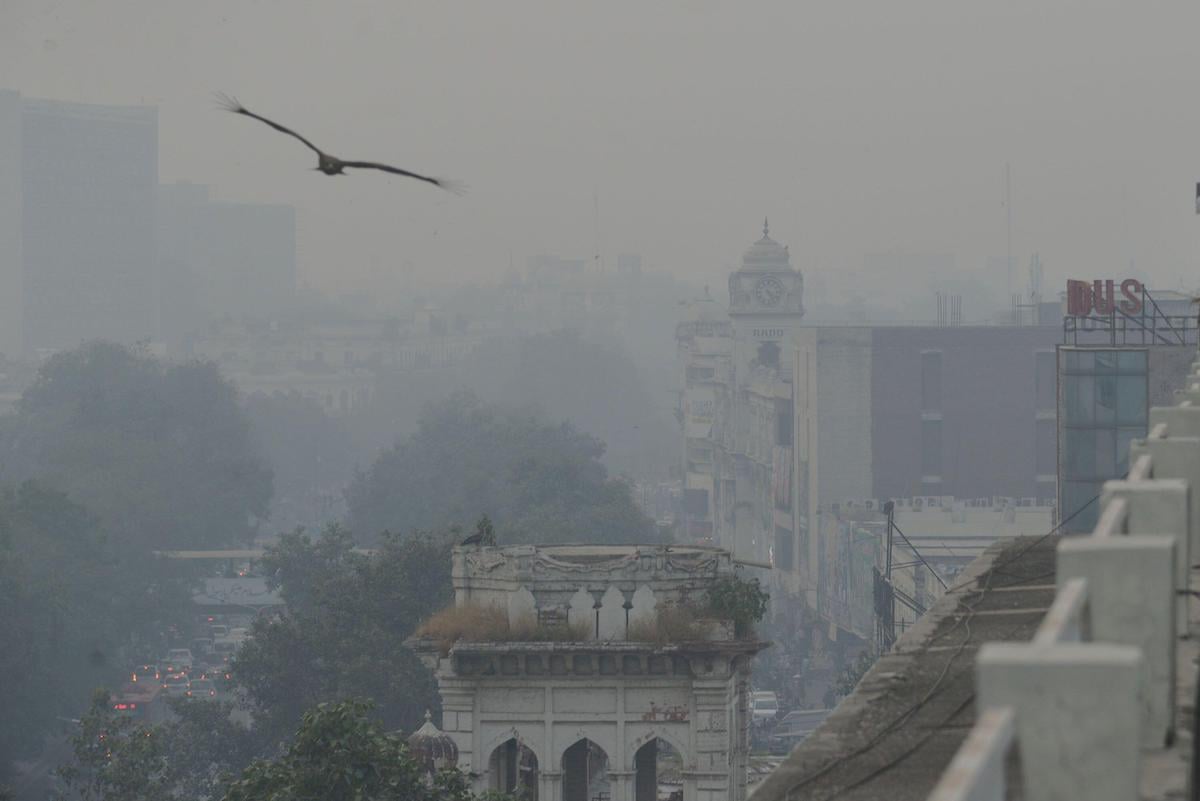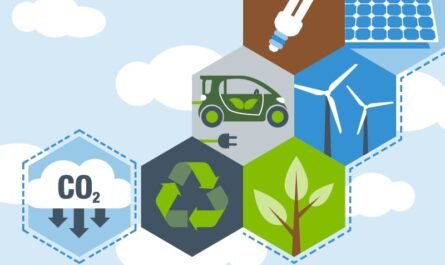A recent report by IQAir, a Swiss air quality technology company, paints a concerning picture for South Asia. The 2023 World Air Quality Report reveals Bangladesh, Pakistan, and India as the countries burdened with the world’s most polluted air. These nations grapple with particulate matter (PM2.5) concentrations significantly exceeding the World Health Organization’s (WHO) recommended safe limits.
PM2.5 refers to fine, inhalable particles less than 2.5 microns in diameter. These microscopic pollutants deeply penetrate the lungs, posing severe health risks, including heart disease, stroke, lung cancer, and respiratory illnesses. The report highlights that 124 out of 134 countries analyzed surpassed the WHO’s PM2.5 guidelines.
Bangladesh takes the dubious honor of topping the list with an average PM2.5 concentration of 79.9 micrograms per cubic meter (µg/m3). This translates to a staggering 15 times the WHO’s safe limit of 5 µg/m3. Pakistan and India follow closely behind with PM2.5 concentrations of 73.7 µg/m3 and 54.4 µg/m3, respectively. Both nations still exceed the recommended limit by over 10 times.
The report identifies several human-made and natural factors contributing to this alarming situation. Brick kilns, prevalent across South Asia, release substantial pollutants during the production process. The burning of agricultural waste, a common practice for clearing fields after harvest, further exacerbates the issue. Additionally, traditional cooking and heating methods using solid fuels like wood and coal significantly increase air pollution levels, especially in rural areas.
While Bangladesh currently reigns as the most polluted country, India grapples with another worrisome distinction. The report identifies Begusarai, a city in the eastern state of Bihar, as the world’s most polluted metropolitan area in 2023.
Experts warn of the dire consequences of prolonged exposure to such unhealthy air. A 2020 study by the Energy Policy Institute at the University of Chicago estimated that air pollution contributes to over 2.1 million premature deaths in India annually.
Addressing this crisis requires a multi-pronged approach. Governments must implement stricter regulations on industrial emissions and promote cleaner energy sources. Encouraging sustainable agricultural practices and supporting the transition to cleaner cooking and heating fuels in rural areas are also crucial steps. Public awareness campaigns can play a vital role in educating people about the health risks associated with air pollution and encouraging them to adopt pollution-reducing practices.
The situation demands urgent action from South Asian nations. By prioritizing clean air initiatives and fostering regional collaboration, these countries can strive for a healthier future for their citizens.




